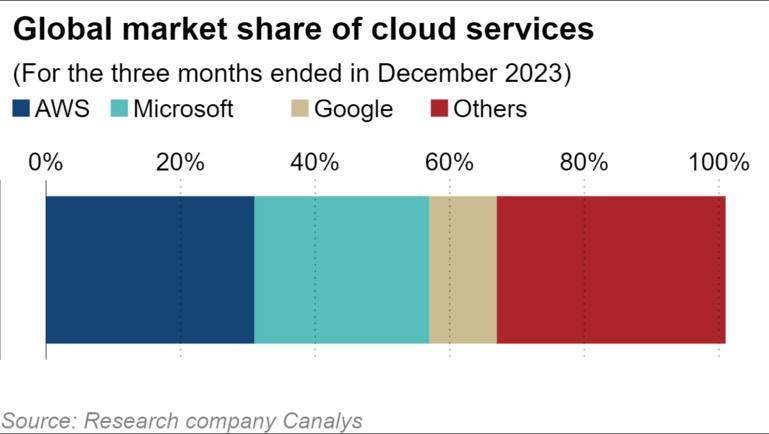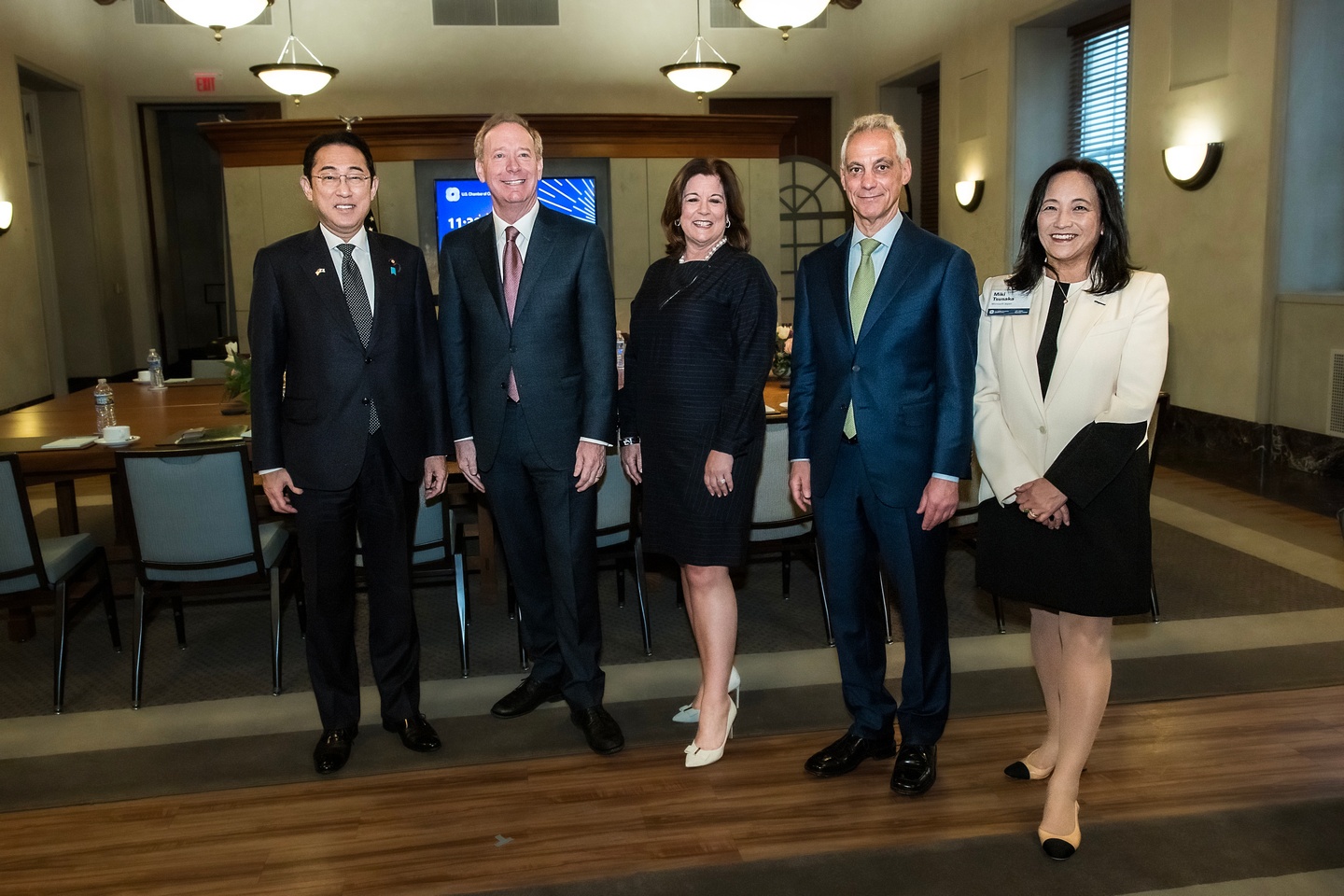Microsoft eyes on Japan AI with $2.9bn investment
Microsoft announced a $2.9 billion investment in Japan over the next two years to enhance its cloud computing and AI infrastructure in Japan.
Recently, Microsoft announced a $2.9 billion investment in Japan over the next two years to enhance its cloud computing and AI infrastructure in Japan. This is the latest move by Microsoft in its comprehensive plan to support overseas expansion of AI, and it's also the company's largest investment in Japan during its 46-year operation here.
The announcement comes as Japanese Prime Minister Fumio Kishida's state visit to the United States, accompanied by Microsoft President Brad Smith and Microsoft Japan President Miki Tsusakas. Smith stated that the application of AI and investment in domestic capabilities have become "national priorities for governments around the world."

Following the launch of ChatGPT at the end of 2022, server operators are expanding data centers and cloud computing assets globally to support the flourishing development of AI applications and workloads.
In March 2024, Japan and the United States announced deepened cooperation in areas such as AI and semiconductor production, emphasizing the two countries' advantages in defense, economic security, semiconductors, as well as key technologies such as AI and quantum computing. In order to better support the development of the AI industry, Japan updated its semiconductor strategy in June last year, aiming to double the domestic sales of semiconductors by 2030 to over 15 trillion yen.
In December 2023, Nvidia CEO Jensen Huang announced plans to establish an AI research laboratory in Japan in collaboration with research institutions and experts, invest in local startups, and educate the public on AI knowledge. Additionally, there are reports that OpenAI will establish an Asia office in Tokyo in April this year to expand its international business.
As Microsoft's first international office, this investment doubles Microsoft Japan's existing financial commitments and aims to support the country in addressing deflation and economic development by expanding the infrastructure needed for Japan's digital transformation and AI, strengthening technical talent, and security measures.
Data from the U.S. Bureau of Economic Analysis show that by the end of 2022, Japan will become the largest investor in the United States with $775.2 billion, followed by Canada and the United Kingdom, far exceeding China's investment of $44.8 billion.

In addition to this investment, Microsoft also plans to expand its digital training program, aiming to train over 3 million AI talents within three years, provide specialized courses and resources for AI development, establish a Microsoft Asia Research Institute laboratory in Tokyo, and deepen cybersecurity cooperation with the Japanese government.
It is reported that the Microsoft Asia Research Institute will provide 15 billion yen in funding support for research projects at the University of Tokyo, Keio University, and Carnegie Mellon University over the next five years.
Smith stated that integrating AI into robotics development can "give Japan the opportunity to leverage its technological strengths" and also revealed plans for joint research on automation technology with universities.
He also believes that the threat landscape of cybersecurity is increasingly challenging today, with growing network threats between nations and rampant ransomware activities worldwide. Therefore, close partnership between technology companies and governments is one of the key measures to protect cyberspace.
Regarding this cooperation, Japanese Prime Minister Fumio Kishida said, "As digital economic activities increase, Microsoft has made significant contributions to the application of AIGC in Japanese society through various initiatives, and we look forward to further cooperation between the two countries."

·Original
Disclaimer: The views in this article are from the original Creator and do not represent the views or position of Hawk Insight. The content of the article is for reference, communication and learning only, and does not constitute investment advice. If it involves copyright issues, please contact us for deletion.